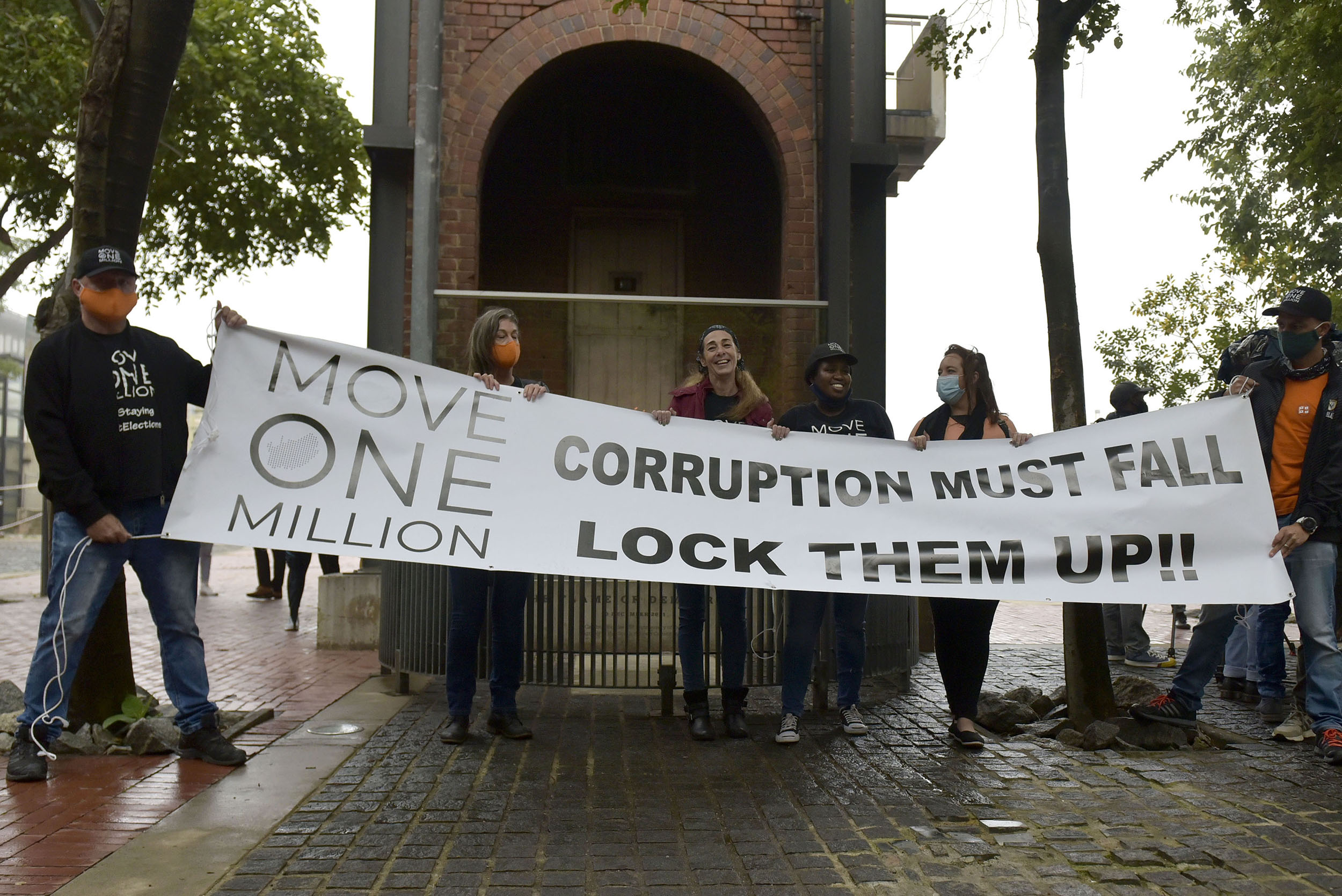Former president Jacob Zuma’s fate now rests with the Constitutional Court (ConCourt) justices, after judgment in his contempt case – for refusing to appear before the Commission of Inquiry into Allegations of State Capture – was reserved on Thursday.
And while what they’ll do with it remains anyone’s guess at this point, experts and analysts agree he should be looking at jail time – or at least the threat thereof.
After the commission’s efforts to get Zuma into the witness box failed, in January it got an order from the ConCourt compelling him to make an appearance. Regardless, he has refused – issuing several public statements attacking the court and the judiciary.
So now the commission wants him held in contempt and jailed for two years.
Fine or suspended sentence not good enough, commission argues
Advocate Tembeka Ngcukaitobi SC, for the commission, on Thursday argued against a fine or suspended sentence.
“We are dealing with a cynical manoeuvre to avoid accountability. Mr Zuma has engineered a situation – in our submission quite deliberately – to escape accountability,” he charged.
He insisted the court had to mete out a penalty which reflected its disapproval of this cynicism, “… particularly when it’s exhibited by someone who was once president of this country and took an oath to comply with the Constitution at all times”.
The justices didn’t give him an easy ride though – even with Zuma having opted not to participate in proceedings.
“It worries me you’ve abandoned all hope of getting him to the commission. The main application was for him to appear before the commission. Now if we simply impose a custodial sentence, won’t that be counterproductive in the sense that there would really be no point in the whole procedure?” Justice Zukisa Tshiqi said.
Sentence must restore court’s authority
But Ngcukaitobi said a punitive sentence was aimed at restoring the court’s authority.
“Even though the commission will be impoverished because it will not have the benefit of the answers it seeks from him?” Tshiqi pressed further.
“At the moment, it is clear that the situation has escalated beyond what the commission could have anticipated,” Ngcukaitobi countered.
Justice Nonkosi Mhlantla suggested an order directing Zuma to comply within a set period of time or risk prison time. But again Ngcukaitobi rejected this, saying it would only allow his “abuse” to continue.
And asked by acting Justice Dhaya Pillay why a fine would be inappropriate, Ngcukaitobi argued this “ultimately reduces the assault on the dignity of the court to a monetary exchange”.
“The question really is how long should he go to prison for? That he should go to prison should be clear.”
Lawson Naidoo – the executive secretary of the Council for the Advancement of the South African Constitution – too believed this to be the case.
“Zuma has made it absolutely clear he’s not going to cooperate with the commission. For me, the only issue now is how long the sentence should be. But I do think Ngcukaitobi made a strong enough argument on that front,” he said yesterday.
But constitutional law expert advocate Paul Hoffman SC – like the Helen Suzman Foundation, which has applied to be admitted as amicus curiae in the case – still believes Zuma should be given the option of testifying before the commission in order to avoid jail time.
“It is in the public interest that Mr Zuma’s version is ventilated and that he’s made to answer the questions that have arisen from the testimony of the witnesses who have implicated him,” he said.
For more news your way, download The Citizen’s app for iOS and Android.

